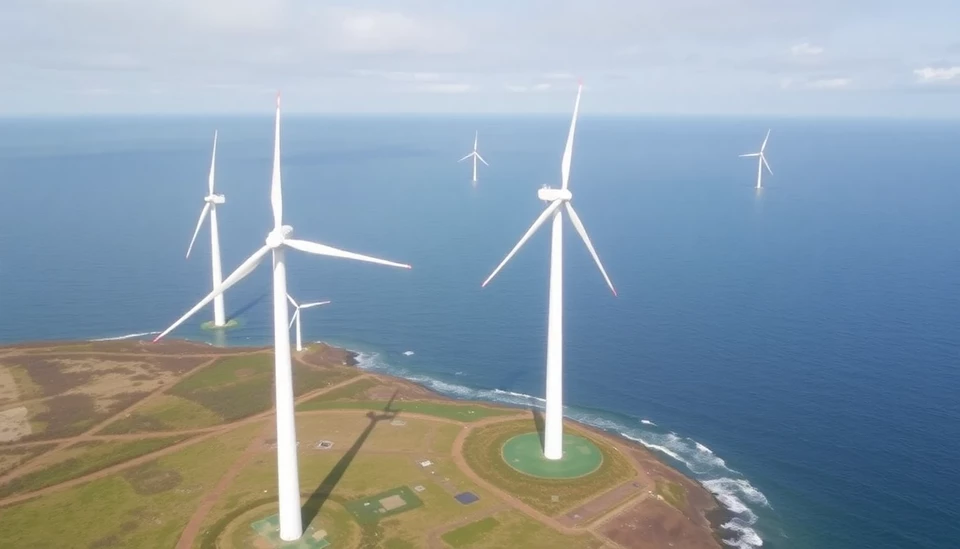
In a surprising move that could reshape the future of renewable energy in Europe, Germany has announced significant reductions in the offshore wind generation capacity planned for new sites. This decision, touted as a necessary step to address ongoing economic challenges and environmental concerns, is poised to have far-reaching implications for the country's ambitious green energy goals.
The German government, under the leadership of Chancellor Olaf Scholz, had set aggressive targets for offshore wind energy production as part of its commitment to achieve an energy transition known as the "Energiewende." However, the recent announcement highlights a shift in priorities as officials grapple with various economic pressures and technical challenges that could impede the development of these renewable resources.
According to sources familiar with the discussions, the reduction affects several proposed wind farm projects in the North Sea and Baltic Sea, where capacity allocations have been decreased by up to 50%. This stark cutback raises eyebrows among environmental advocates and industry stakeholders who argue that such limitations could hinder Germany's efforts to reduce carbon emissions and reliance on fossil fuels.
The decision comes as energy prices across Europe have seen dramatic fluctuations, exacerbated by geopolitical tensions and supply chain disruptions. These factors are prompting governments to reconsider their energy strategies, with a renewed focus on energy security and economic stability. Officials maintain that this adjustment will allow for better integration of renewables into the national grid while ensuring that energy remains affordable for consumers.
Additionally, the technical feasibility of expanding offshore wind capacity has raised concerns within the government. Factors such as declining available sites, increased competition for maritime space, and eco-impact assessments have led to a re-evaluation of the projected growth in offshore wind energy. Environmental groups have long raised alarms about the potential impacts of large wind farms on marine ecosystems, and these considerations have become increasingly difficult to ignore in policy discussions.
Germany's energy transition has always been ambitious, and the push towards offshore wind has been a linchpin of this strategy. The country has previously outlined plans to produce 20 gigawatts of offshore wind power by 2030, a goal which is now perceived as jeopardized by the latest capacity reductions. As industry leaders weigh the consequences of this decision, many are calling for a reassessment of the long-term vision for renewable energy in Germany.
Critics argue that limiting offshore wind generation could lead to missed opportunities for job creation, technological advancement, and leadership in renewable energy markets. Energy policy experts emphasize that while immediate economic concerns must be addressed, they should not overshadow the long-term benefits of a sustainable energy future. The balance between environmental stewardship and economic viability is delicate, and Germany's recent actions have ignited a crucial debate on how to navigate this complex landscape.
The German government has yet to release specific statements detailing alternative strategies to maintain progress towards its renewable energy goals. Stakeholders await further announcements that could offer insight into how the nation plans to harmonize its energy needs with its climate obligations.
As nations worldwide aspire towards greater sustainability, Germany's decision serves as a critical case study on the challenges and trade-offs inherent in transitioning to renewable energy. Observers will be keenly watching how this development unfolds and what it means not just for Germany, but for the global renewable energy landscape overall.
With the situation evolving, stakeholders will need to engage in discussions, potentially leading to a shift in how nations approach their renewable energy portfolios amidst a rapidly changing world.
#Germany #RenewableEnergy #WindPower #OffshoreWind #Energiewende #Sustainability #GreenEnergy #ClimateChange #EcoPolicy
Author: Samuel Brooks




